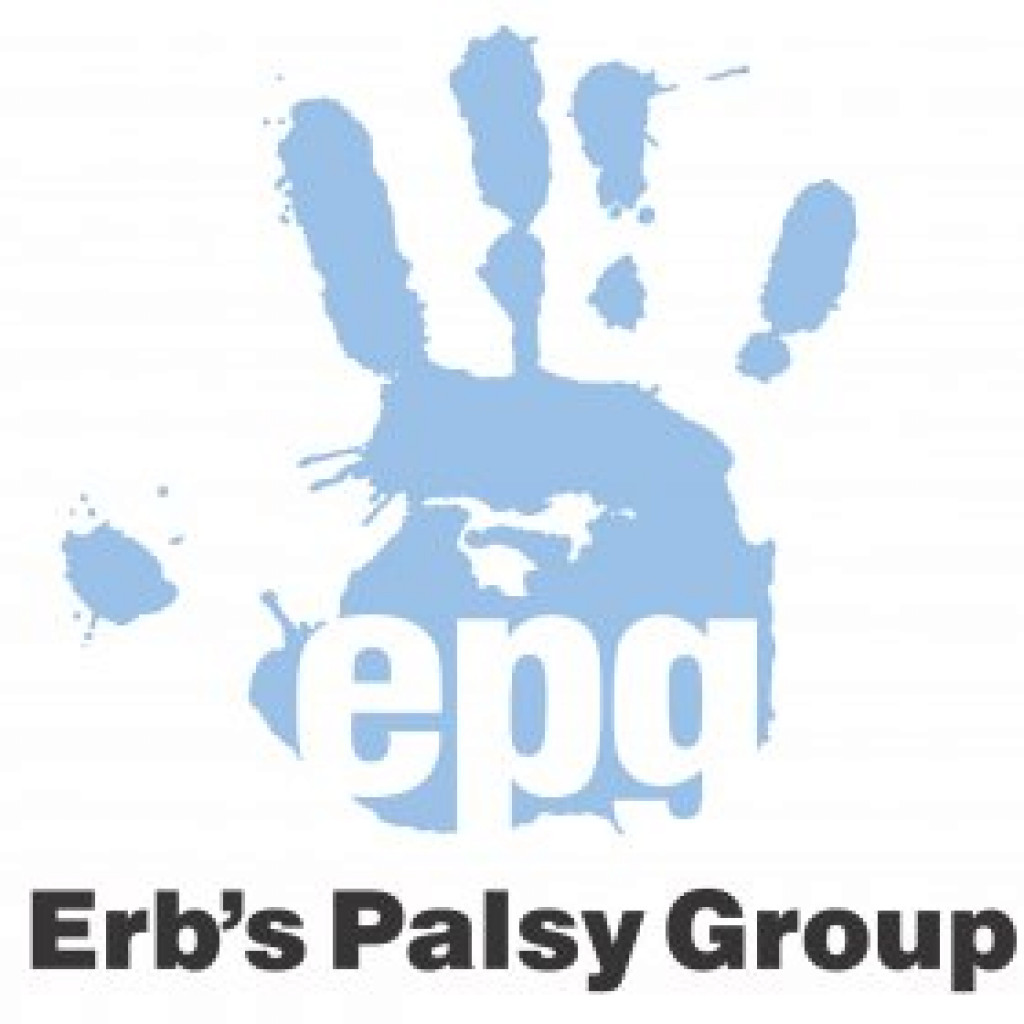Adam* suffered a brachial plexus injury to his right side during his birth in 1998. The C5, 6, and 7 nerves were damaged as a consequence of the medical staff’s efforts to deliver him by pulling on his head when he was stuck during delivery (shoulder dystocia). Early assessments as an infant by specialists at the Royal National Orthopaedic Hospital were optimistic and remedial surgery was therefore not performed. However, as Adam grew his recovery was not as had been hoped and he developed abnormalities including contractures and subluxation of the shoulder joint. He had surgery at 2 years, 4 years and 7 years of age.
Unfortunately, he continued to have ongoing problems with his abnormal shoulder joint, and at the age of 14 years upon the advice of specialist surgeons, he underwent complex surgery on his shoulder, which included lengthening his clavicle. Although the operation was timed to take place during the school summer holidays to minimise disruption, unfortunately, the operation was not the success that had been hoped and the effects of the surgery were far-reaching.
Adam returned to school in September with an external fixator device in situ across his shoulder. The device was cumbersome and restrictive. It affected his sleep, schooling, and ability to engage in social and daily activities. He developed an infection that took several months to heal and left scarring. Adam experienced extreme pain and discomfort and had to be admitted to hospital and was prescribed morphine.
The pain continued to be a persistent feature for Adam in his back, neck, and shoulder due to developmental abnormalities which placed a strain upon the shoulder muscles and ligaments. He also had neuropathic pain as a direct result of his original injury.
Adam’s education was hugely disrupted due to the time lost through absenteeism caused by pain. Also, sleep disturbance through pain and the effect of pain and medication on his concentration and ability to focus had a significant impact. He fell behind in his GCSE studies and found it impossible to catch up. He became demotivated and demoralised. Adam was prescribed strong painkillers but turned to the use of illegal substances and legal highs. This led to Adam developing a sense of reliance upon recreational drug use to enjoy any daily activities and cope with his disability and pain.
Adam was also very self-conscious about his appearance and scarring. He would choose clothing to hide the appearance of his arm and shoulder, wearing hooded sweatshirts and even coats in summer. He would prefer to spend time alone and not go out where possible, avoiding all forms of social and family situations. He was eventually diagnosed with depression and referred by his GP to outside agencies for support and drug counselling.
Adam failed to achieve the GCSE grades which he was capable of which limited his options in terms of further education and employment. In his claim for compensation for his original brachial plexus injury, it was successfully argued that had he not been injured, he would have achieved the qualifications he needed and would have gone to University. He would then have gone on to earn at least national average earnings. A significant sum was recovered for the anticipated loss of earnings over this lifetime.
It was not only the direct effect of having surgery and coping with pain impacting upon his educational attainment that was causative but an important factor was his low self-esteem and self-confidence. Also his demoralisation and demotivation as a consequence of failing in his GCSEs and lack of hope for the future based on his lifelong and recent experiences.
In Adam’s case, once judgment had been entered in Court, the assessment of his damages was postponed for several years given his age and his ongoing treatment. Had damages been assessed too soon, the complications arising from his surgery and the psychological effects of his disability could not have been predicted, and he would not have been adequately compensated.
If you require any advice regarding a matter similar to this, then please do not hesitate to get in touch with our experienced team of medical negligence solicitors.
* Name has been changed to protect identity
How we can help
If you or your family have suffered because of medical negligence, we’ll help you to rebuild your life for the future. Contact us today and let us help you.






